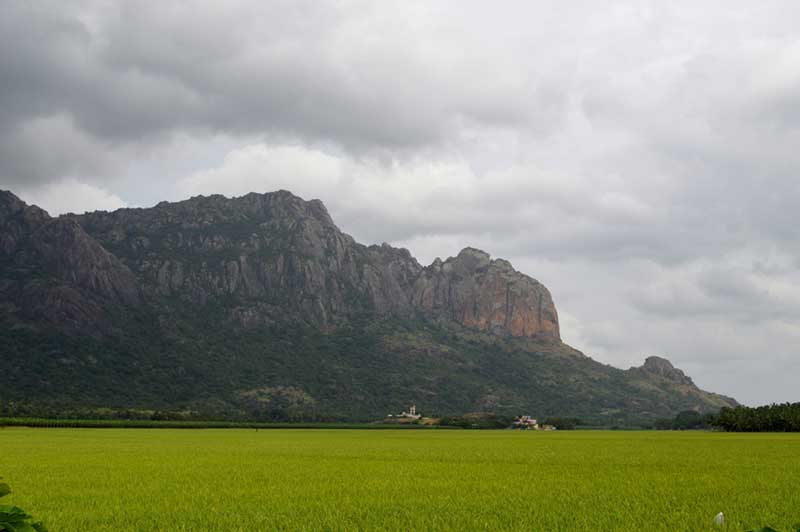
International Mountain Day was celebrated at the Vellambi Tribal Settlement, Keeriparai in the Western Ghats on December 11 by the Tribal Foundation.
Addressing the indigeous Kaani people, environmental educator, S S Davidson said International Mountain Day is an opportunity to create awareness about the importance of mountains to life, to highlight the opportunities and constraints in mountain development and to build partnerships with the indigenous people habituating in mountains, that will bring positive change to the world’s mountains and highlands.
Mountains are crucial to life. Whether we live at sea level or the highest elevations, we are connected to mountains and affected by them in more ways than we can imagine. Mountains provide most of the world’s freshwater, harbour a rich variety of flora and fauna, and are home to one in ten people. Yet, environmental degradation, the implications of climate change, exploitative mining, poverty and hunger threaten the extraordinary web of life that the mountains support.
This year, the theme for the day is “Mountains – Key to a Sustainable Future”. The focus is to celebrate how mountains are crucial in moving the world towards sustainable economic growth in the context of poverty eradication, and on drawing attention to their generally sustainable and low-emission production models. The theme will help in raising awareness can bring benefits to highland and lowland communities without contributing to the degradation of mountain socio-ecosystems.
The indigenous people residing in mountains are among the world’s poorest and most disadvantaged. They frequently face social and economic marginalization and lack access to such basic services as health and education. Moreover, current global challenges such as climate change, economic developments and population growth exacerbate the hardships they face. Sustainable approaches to development are therefore particularly important in mountain regions.
Managing natural resources properly is vital to promote the conservation and the sustainable use of increasingly scarce resources from mountain areas, such as water, biodiversity, forests, grasslands and soils. In view of environmental threats, it is essential to increase awareness, prudence and efficiency in the use and management of natural resources in mountain areas, and implement specific measures for adaptation and mitigation.
On the economic level, investment for sustainable development in mountain regions would potentially better the economic situation of mountain-based indigenous communities.
As a mark of the celebration, organic floor mats made from korai grass were distributed to the indigenous people.
Kaani indigenous people live in 48 settlements in the mountains of Kanyakumari District in the Western Ghats.
Jacob Robert Singh , managing trustee of the Foundation also addressed the participants.
Text and photograph courtesy Davidson Sargunam 2013
The Hindu, December 10, 2013
An International Mountain Day? Why?
December 11 was designated as International Mountain Day by the United Nations General Assembly in 2003. Every year the themes are different but they are all related to preserving the mountains and its peoples.
Mountains are central to life and it is to create awareness about the important role they play that there is a Day especially for them. You may live by the sea shore or you may live in the plains, or far away from any mountain range, but all life is connected by the mountains and also affected by them.
This is because mountains provide us with most of the freshwater and are also home to a wide variety of plants and animals. So when mountains are threatened by degradation, unfair mining practices, armed conflict, and the effect of climate change then poverty and hunger threatens the web of life supported by the mountains. […]
Source: Summit salute – The Hindu
Address : http://www.thehindu.com/todays-paper/tp-features/tp-youngworld/summit-salute/article5441428.ece
Date Visited: Sun Dec 15 2013 19:39:56 GMT+0100 (CET)
[Bold typeface added above for emphasis]